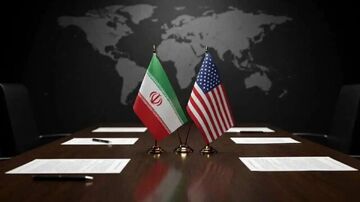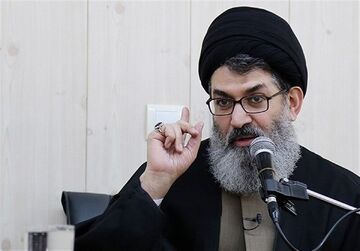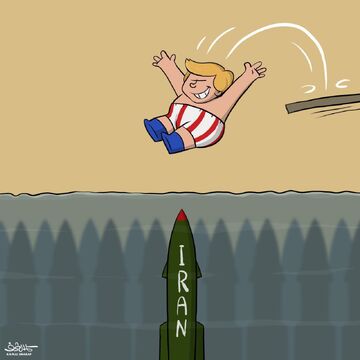Tehran(Bazaar):Mark Grabowski, Associate Professor Adelphi University in interview with Bazaar News Agency said: There’s no universal standard for creating a blockchain network. So, these separate blockchains do not work together.
Following is the full text of the interview:
Bazaar: In your opinion, what will be the outlook of using blockchain in industries in the coming year (2022)?
Grabowski: Many big organizations are already utilizing blockchain in some capacity. They include Microsoft, Amazon, J.P. Morgan, Walmart, Alibaba, PayPal, Samsung and the Bank of China. Nowadays, you‘ll have a hard time finding a major financial institution, a prominent tech company or a government that hasn’t at least hasn’t done research on it. I think we’ll continue to see more adoption. COVID-19 has created a number of problems involving health safety, supply chain shortages and scams that blockchain could potentially solve.
Bazaar: What should be done to make managers more familiar with this technology?
Grabowski: Right now, there is a huge skills gap and a lack of blockchain savvy talent available. But organizations can still incorporate blockchain by contracting with vendors who have the expertise to implement the technology and customize it for the organization's needs. Thanks to artificial intelligence, a lot of it can be automated and employees would only need to know the basics and not to be programmers to take advantage of its benefits.
Bazaar: In what industries can blockchain lead to better efficiency and effectiveness?
Grabowski: Although blockchain is most commonly associated with cryptocurrencies such as Bitcoin, it can also be used in many other ways. Although Bitcoin is “permissionless” and public, meaning anyone can participate in its network and view its ledger, that’s not the only way a blockchain can be built. A blockchain can be built that requires permission to view its information, that limits which parties can make transactions and that sets who can serve as nodes that validate transactions. (It should be noted, however, that some blockchain purists don’t consider such restricted ledgers to be a bona fide blockchain.)
In health care, patients’ records could be encoded and stored on the blockchain with a private key that would grant access only to specific doctors. This could help ensure that medical privacy laws aren’t violated. Another potential application for blockchain is elections. Instead of lining up at polling stations, showing ID and completing forms, voting could be done securely online. The convenience might help bolster turnout, especially among young people. And because blockchain is more secure than traditional record keeping, it could help allay concerns about foreign governments hacking elections. Blockchain could also be used to build a social network that can offer features existing platforms don’t. With Facebook, Twitter, YouTube and other social media giants facing increasing criticism for restricting certain speech and even banning users, a decentralized social media platform that’s censorship-resistant could someday emerge as an alternative.
Bazaar: What are the challenges of using a blockchain?
Grabowski: First of all, blockchain technology is complex. The use of technical computing terms can confuse and deter outsiders. So, it requires some focused time and energy to wrap your head around. Not everyone is willing to put in that effort. While there are a plethora of websites and books available to explain it, surveys find that most people find it too difficult to understand. Many mainstream media journalists have also been criticized for failing to grasp and explain the topic to the public, as well.
Second, blockchain is still a nascent technology. It can be buggy, difficult to use and vulnerable to hacks. There are also big interoperability issues. As more organizations begin adopting blockchain, there is a tendency by them to develop their own platforms with different characteristics. There’s no universal standard for creating a blockchain network. So, these separate blockchains do not work together. And in a business environment where companies are trying to collaborate, that’s just not going to work very well.
Finally, cost is a deterrent. Implementing blockchain is not free, and at many organizations the pandemic coupled with inflation has left budgets tight.
















نظر شما